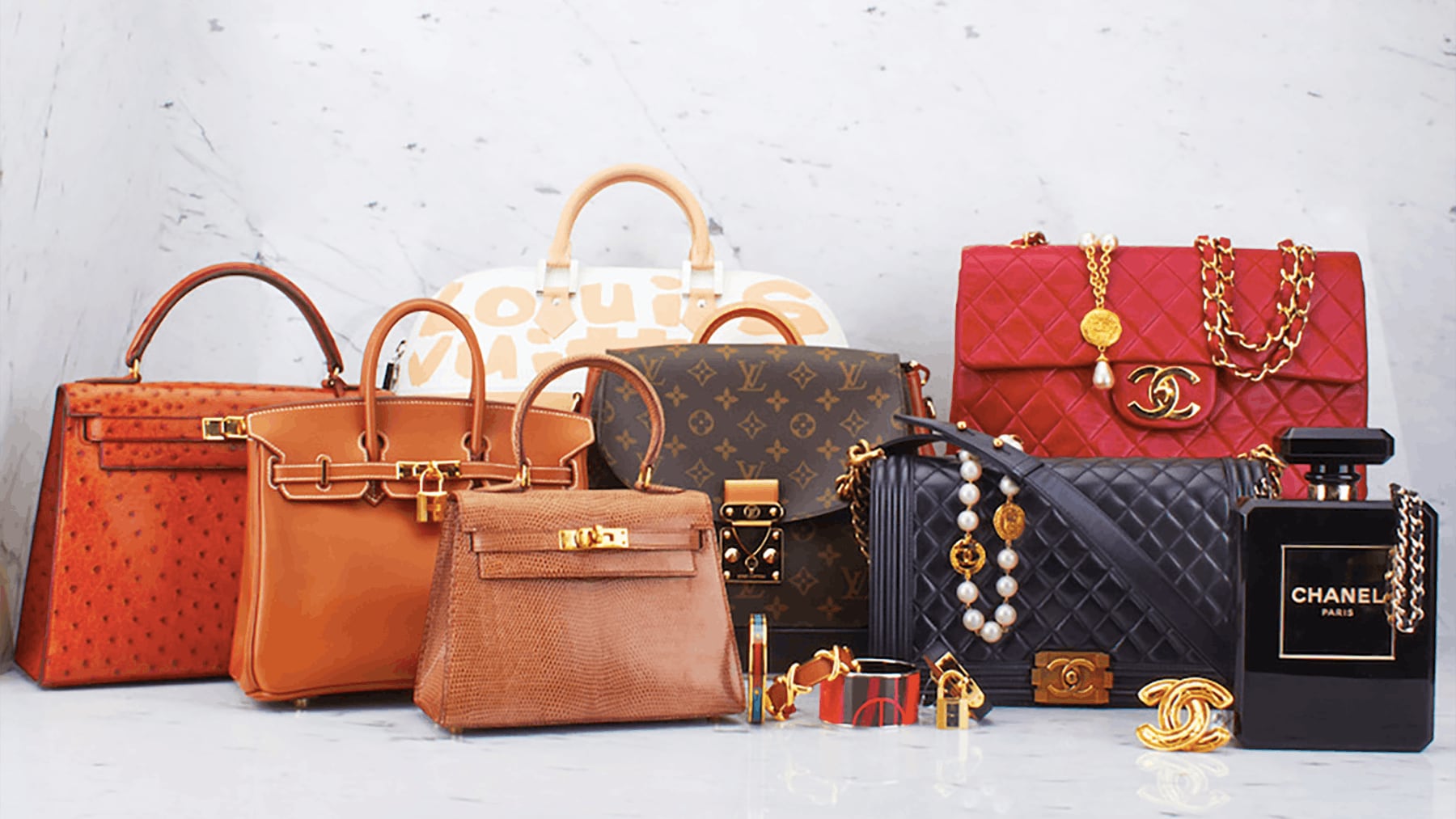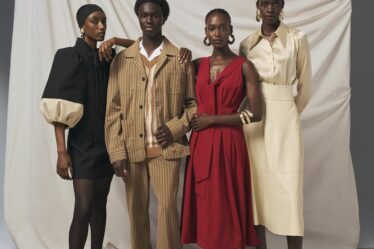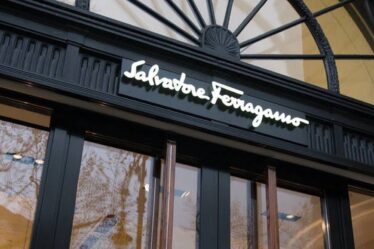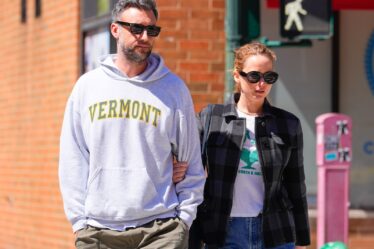
Chanel has won its dispute against resale company What Goes Around Comes Around, bringing to a close a six-year legal battle that touched on everything from trademarks to counterfeit products.
A New York jury agreed with Chanel on all four of its claims against the reseller, which include trademark infringement, the sale of counterfeit products and false advertising. The suit was filed under New York’s Lanham Act, which protects the owner of a trademark against the use of similar symbols or imagery that may result in consumer confusion.
Chanel will be awarded $4 million in statutory damages. The judge who presided over the trial that began last month will determine additional damages after both sides submit additional briefs.
The verdict could have far reaching implications for resellers.
At the core of Chanel’s complaint was What Goes Around Comes Around’s use of the luxury brand’s products in its advertising, a common marketing tactic in the secondhand market. The jury agreed with Chanel’s assertion that the reseller was in effect tricking consumers into thinking it had a formal relationship with the brand.
Chanel’s lawsuit also took issue with how WGACA promoted its products by guaranteeing “authenticity,” arguing only a trademark owner can make that claim. The jury’s decision Tuesday validated that claim, though it’s not binding in future cases.
“Other resellers from now on must be careful and disclose their process of authentication without claiming something is unambiguously authentic,” said Susan Scafidi, founder of the Fashion Law Institute.
“The biggest implication of the verdict is that resale has suddenly become a more dangerous business,” she added, “because even the best-intentioned resellers and authenticators can make a mistake from time to time.”
Still, the findings won’t be a “death sentence” for the secondary market, according to Zachary Briers, partner at Munger, Tolles & Olson.
“You can invest more in authentication and internal compliance to make sure you’re not crossing the line when it comes to marketing materials,” Briers told BoF in January, prior to the verdict.
In a statement shared with BoF via email, What Goes Around Comes Around chief executive and co-founder Seth Weisser said the case is not over until the court hears post-verdict motions.
“WGACA has always had a rigorous authentication process and has never in the history of the company sold a non-genuine or counterfeit product,” he said in the statement. ” We continue to stand by our 100% authenticity guarantee.”



